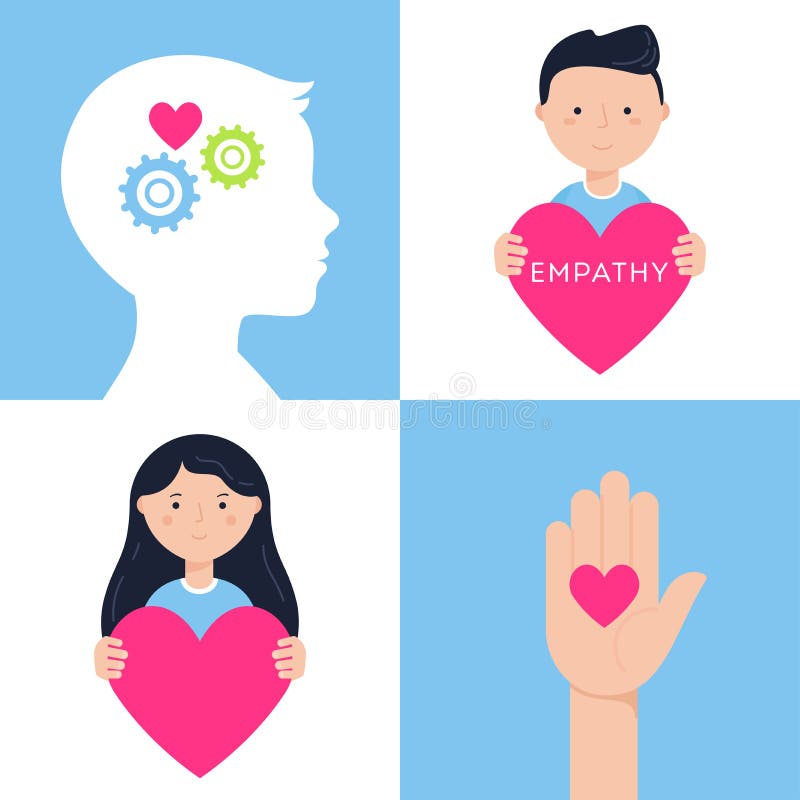Presently, more than 33% of nations assign less than 1% of their total health budgets to psychological health, with another 33% spending simply 1% of their spending plans on mental health. A restricted range of medicines is suffi cient to deal with most of psychological conditions. About 25% of countries, however, do not have the 3 most frequently prescribed drugs utilized to deal with schizophrenia, depression and epilepsy at the primary health care level.
The bad typically bear the greater concern of mental illness, both in regards to the threat in having a mental condition and the lack of access to treatment. Consistent direct exposure to badly difficult occasions, harmful living conditions, exploitation, and bad health in basic all contribute to the higher vulnerability of the poor.
The report states new understanding can have a significant influence on how individuals, societies and the general public health neighborhood handle mental illness. We now know that large mental institutions no longer represent the finest choice for clients and households. Such organizations result in a loss of social abilities, excessive constraint, human rights offenses, reliance, and decreased chances for rehabilitation.
In the face of this understanding, a failure to act will show an absence of dedication to address mental illness," said Dr Benedetto Saraceno, Director of WHO's Mental Health and Compound Dependence department. The policy directions have never ever been so clear, states WHO. Federal governments who are just beginning to attend to mental health will need to set top priorities.
WHO's message is that every nation, no matter what its resource constraints, can do something to improve the mental health of its individuals. What it needs is the guts and the dedication to take the necessary steps. The report is part of a year-long campaign on mental health. For the very first time, multiple occasions at WHO including its leading report, technical conversations at the World Health Assembly and World Health Day, have all focused on one topic psychological health.

Psychological illness can impact lots of locations of students' lives, lowering their quality of life, scholastic achievement, physical health, and satisfaction with the college experience, and negatively affecting relationships with family and friends members. These problems can likewise have long-lasting repercussions for students, affecting their future employment, making potential, and total health.
Getting The How Does Mental Health Affect Society To Work
2 Research recommends that depression is connected with lower grade point averages, which co-occurring depression and anxiety can increase this association. 2 Depression has actually also been connected to leaving of school. 2 Many college trainees report that mental health troubles hinder their studies. On the American College Health Association 2015 survey, university student recognized the following mental health issues as adversely affecting their academic performance within the last 12 months:3 Stress (30% of students) Anxiety (22%) Sleep problems (20%) Depression (14%) Peers, member of the family, professors, and personnel may be personally impacted out of issue for these trainees.
Suicide and suicidal ideas can affect the bigger school neighborhood. Roommates, peers, faculty, and personnel likewise experience profound grief over trainee suicides and self-destructive behavior. Schools feel the burden when trainees with mental health problems do poorly on course work and leave of school. Colleges and universities need to be prepared to deal lorenzornll544.jigsy.com/entries/general/the-definitive-guide-for-how-does-menopause-affect-your-mental-health with the mental effect of suicides on other trainees, as well as on teachers and personnel.
The community is negatively affected when students are not able to finish their degrees and contribute valuable skills in a competitive job market Alcohol Rehab Facility (how does osteoporosis affect mental health). One study found that five percent of students do not finish their education due to psychiatric conditions and estimated that 4. 29 million individuals would have graduated from college had they not been experiencing such disorders.
E., Golberstein, E., & Hefner, J. L. (2007 ). Prevalence and associates of depression, stress and anxiety, and suicidality among college student. American Journal of Orthopsychiatry, 77( 4 ), 534542. Eisenberg, D., Downs, M., & Golberstein, S. (2009 ). Stigma and help-seeking for psychological health amongst university student. Healthcare Research and Evaluation, 66( 5 ), 522541. American College Health Association.

National College Health Evaluation II: Spring 2015 recommendation group executive summary. Hanover, MD: Author. Recovered from http://www. acha-ncha. org/reports _ ACHA-NCHAII. html. Meilman, P. W., & Hall, T. M. (2006 ). After-effects of awful occasions: The development and use of neighborhood support meetings on a university school. Journal of American College Health, 54( 6 ), 382384.
C., Foster, C. L., Saunders, W. B., & Stang, P. E. (1995 ). Social consequences of psychiatric conditions, I: Educational achievement. American Journal of Psychiatry, 152( 7 ), 10261032.
The Definitive Guide to What Does Mental Illness Affect
Mental disorders affect 19% of the adult population, 46% of teenagers and 13% of children each year. Individuals fighting with their psychological health might remain in your family, live next door, teach your kids, operate in the next cubicle or being in the very same church pew. However, only half of those affected get treatment, frequently since of the preconception connected to mental health.
A mental disease is a that causes disruptions in thinking, habits, energy or feeling that make it tough to deal with the common demands of life. Research study is beginning to reveal the complicated reasons for these diseases which can include genetics, brain chemistry, brain structure, experiencing trauma and/or having another medical condition, like heart problem.
Mood disorders, such as depression and bipolar depression, impact nearly 10% of adults each year and are identified by troubles in controling one's mood. Although the basic understanding of get more info mental health problem has actually enhanced over the previous decades, studies show that preconception versus mental disorder is still powerful, largely due to media stereotypes and illiteracy, and that individuals tend to attach negative preconceptions to psychological health conditions at a far higher rate than to other diseases and impairments, such as cancer, diabetes or heart problem.
Stigma and misinformation can feel like overwhelming obstacles for someone who is fighting with a mental health condition. Here a few effective things you can do to help: removes a significant barrier to effectively dealing with their health problem. Having individuals see you as a private and not as your illness can make the most significant difference for somebody who is struggling with their mental health.
enables us to provide valuable support to those impacted in our households and communities. Great sources for psychological health news and information consist of: Jean Holthaus, LMSW, LISW has been offering outpatient therapy services considering that 1995 when she made her Masters of Social Work degree from the University of Iowa. She has worked for Pine Rest considering that 1997.
Psychological, neurological and substance use conditions (MNS) are common, highly disabling, and connected with substantial premature death. The human, social and economic toll imposed by absence of attention to MNS across the world is substantial. It is approximated that at least 10 percent of the world's population is impacted, which 20 percent of kids and teenagers suffer from some kind of mental illness.